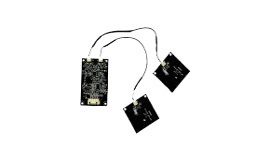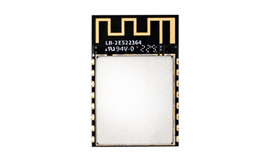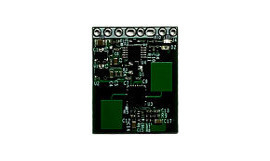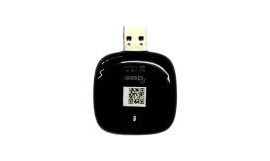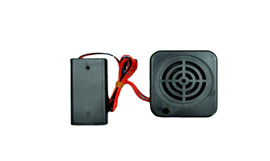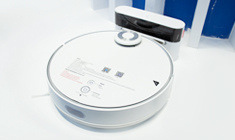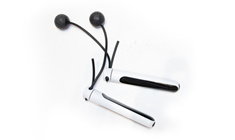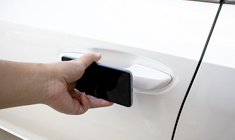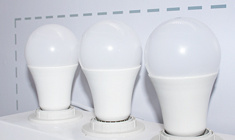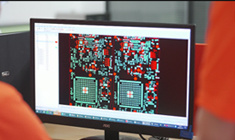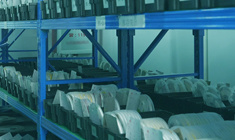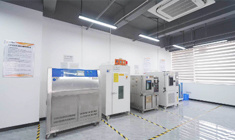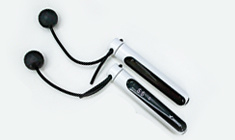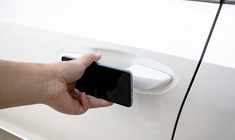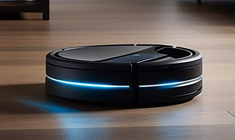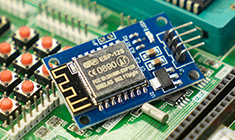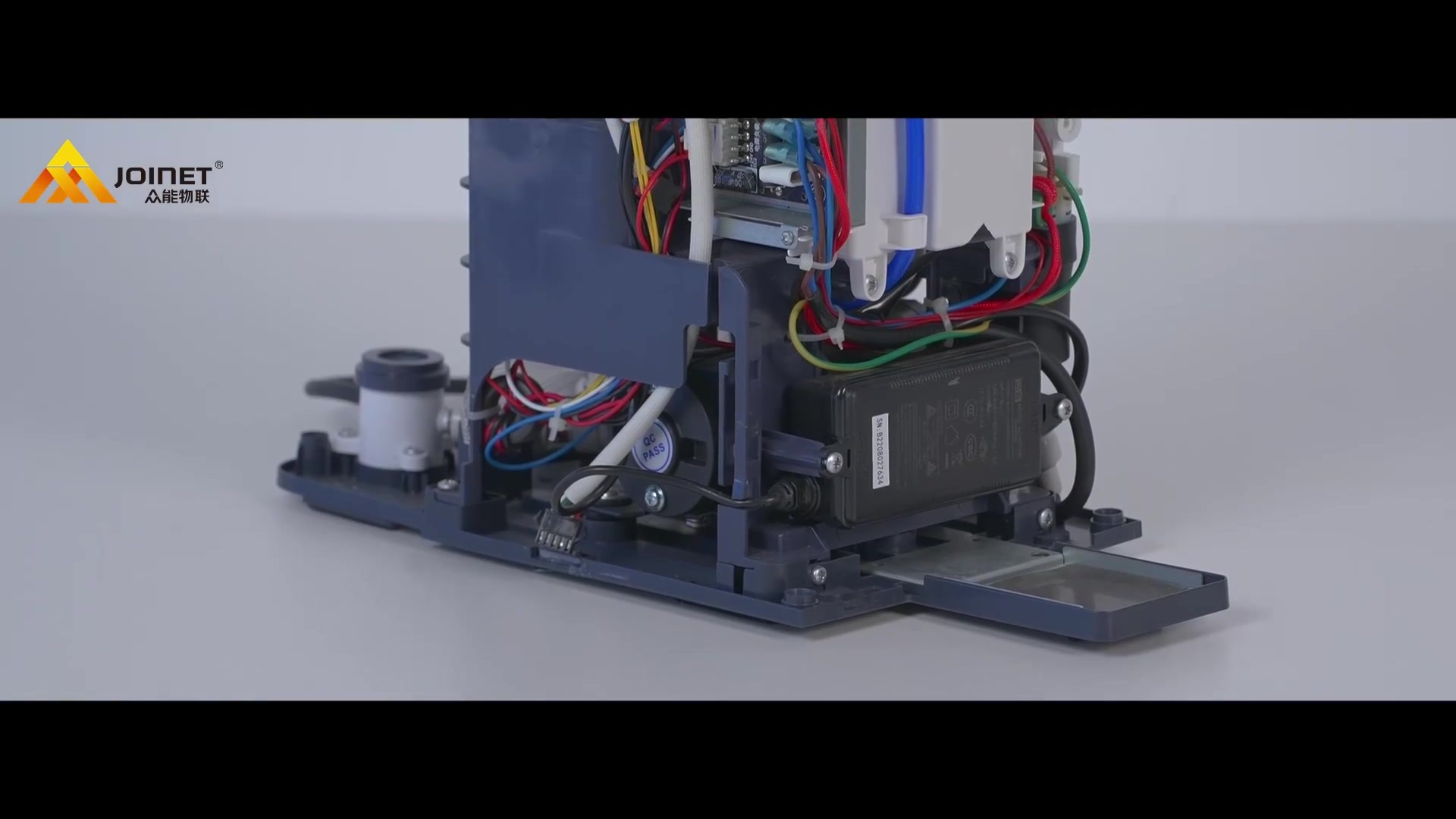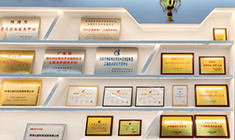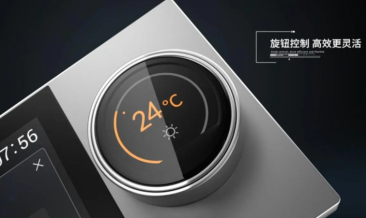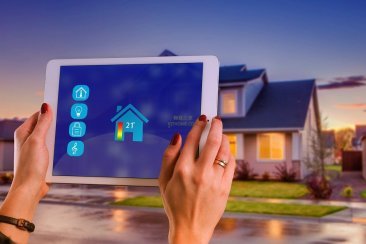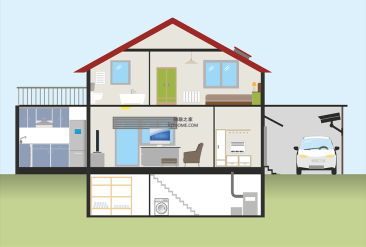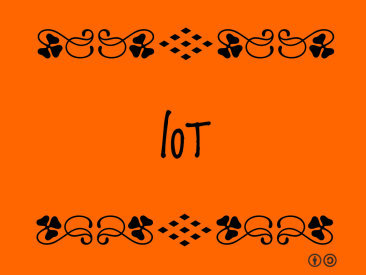
7 ways the Internet of Things can play a role in e-commerce
Release Time:
2021-08-25
The Internet of Things (IOT) allows connected devices to share data and provides a similar networking platform for e-commerce operators. Therefore, using iot based systems, it is easier for e-commerce businesses to collect data and trigger real-time based actions or responses.Some of the best
The Internet of Things (IOT) allows connected devices to share data and provides a similar networking platform for e-commerce operators. Therefore, using iot based systems, it is easier for e-commerce businesses to collect data and trigger real-time based actions or responses.
Some of the best examples of iot in retail include smart shelves, beacons, smart digital screens and digital price tags. As a result, inventory checks can be conducted faster, theft can be prevented, and personalized services and marketing strategies can be tailored to customer needs.
The Internet of Things has also changed the consumer experience by influencing consumers' purchasing behavior and choices.
Here are seven ways the Internet of Things can play a role in e-commerce:
1. Customer and market analysis
The Internet of Things helps e-commerce companies to differentiate themselves from the competition by analyzing the needs of customers and the overall market. Data collected from iot devices can provide insights into people's habits and lifestyles, leading to more targeted marketing campaigns based on new insights.
E-commerce businesses can identify online browsing patterns and search trends to show how customers shop and recommend targeted products to them. The Internet of Things also allows businesses to tailor offers to customers' choices, while influencing consumers' shopping decisions based on their behavioral insights.
2. Personalized recommendation
The Internet of Things opens up endless possibilities for e-commerce businesses and provides a personalized approach for each customer or group of customers. For example, if a consumer turns on a heater in winter, the device can send this information to an online store and be able to send recommendations for personalised products such as earmuffs, warm sweaters and slippers.
Insurers are benefiting from data collected on car drivers' driving habits and from internet-of-things devices such as speed sensors and global positioning systems. The data could be used to send drivers discounts on items such as driving glasses or even tires.
3. Maintain consistent marketing
People will still use their computers to make the final decisions about what to buy online rather than using mobile retail applications. Marketers can link their desktop and mobile marketing efforts to each customer, and the Internet of Things can detect multiple devices being used by the same person. This in turn helps e-commerce sites market to individuals, regardless of the type of device they use.
4. Inventory tracking and management
This is one of the direct roles of the Internet of Things in e-commerce. It involves monitoring inventory changes, such as when a particular product is out of stock and the system automatically refills it before it runs out. Smart shelves can also help reduce customer dissatisfaction when products are out of stock.
Technologies such as RFID tags, Internet of Things sensors and other chips make real-time inventory management a reality, while also streamlining the flow of goods in and out of warehouses. Iot devices improve inventory tracking and monitoring, which reduces the man-hours required for this task and the potential for human error in the process.
The iot chips also automatically store information such as product type, expiration date, manufacturer name and batch identification in the system. This helps warehouse employees find the right products, track and analyze the number of items sold, and predict future sales trends.
5. Monitor environmental conditions and equipment maintenance
Iot also helps to control the warehouse's environmental conditions, such as optimal temperature, vibration, humidity or noise levels. This is especially important for perishable products. (Source: iothome) Using temperature monitoring sensors, the Internet of Things helps e-commerce owners monitor the condition of their warehouses and send out alerts when problems arise.
With iot sensors, you can also control the status of devices in your warehouse to reduce lost productivity. In fact, it's a first step toward warehouse automation, such as the robots Amazon uses in its selection and packaging process.
6. Supply chain and logistics management
Successful e-commerce businesses require an uninterrupted and efficient supply chain from order preparation to delivery. By using GPS and RFID technology to track items in transit, the Internet of Things ensures that goods are moving without the risk of being lost.
Iot devices provide location information in addition to tracking drivers, weather, temperature and other information at each stage of the cargo journey. It is also possible to manage the speed and route of shipments and predict arrival times to avoid losing or misplacing goods.
Delivery trucks can be fitted with sensors that monitor deliveries in real time to reduce losses. Customers also receive reminder notifications about the status of their packages, which in turn enhances the customer delivery experience. This way, the customer does not have to worry about the status of the order or missing the delivery when it arrives.
7. Keep in touch with customers
The Internet of Things can also help consumable manufacturers stay connected to customers throughout the life cycle of their products. One example is Amazon's Dash buttons, which can be posted anywhere in the home to allow customers to quickly order household items before they run out. (Source: Home of Things) Customers simply set the Dash button using the relevant mobile app and press the button when they need the product, and Dash will be automatically ordered via home WI-FI.
Consumers can also ask smart virtual assistants to buy what they want. This will affect the marketing strategies of e-commerce businesses, as they have to optimize online stores and products to attract AI virtual assistants.
summarize
While the Internet of Things has revolutionized the e-commerce industry, this is just the beginning. There are still some unresolved issues and some security issues, such as how the device collects the data, who owns the data and the threat to the data from data thieves. The possibilities are endless, but for now it will depend on how e-commerce companies best profit from the market.
See: iottechtrend
Reprinted in the House of Things

Guangdong Joinet IOT Technology Co.,Ltd
Manufacturing Base:
Joinet Technology Park,No. 168 Tanlong North Road,Tanzhou Town,Zhongshan City,Guangdong Province,China
Pre Sales Hotline:19966308713 13823973022
Switchboard:0760-8663 0003 (transferred) 523
Pre Sales Email:sw@znaiot.com


Contact Us:
Looking forward to your call anytime


